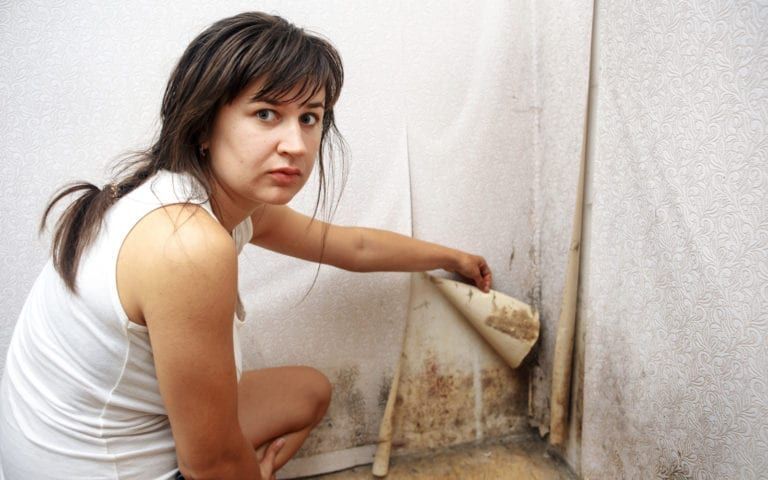The Potential Risk of Cavities From Black Mold

Plaque accumulation, medication use, and poor oral hygiene are often the main reasons why people develop cavities. Cavities are a reoccurring factor that, according to the ADA, over 90% of people have had at least once in their lives. Because cavities continue to be a consistent issue for dentists to overcome, many times, the more obscure reasons for cavity development escape us. Tooth decay can also occur as the result of environmental factors, such as diet, living situations, and hereditary diseases that influence our susceptibility. Among those factors, environmental hazards such as black mold can become an indirect link to cavities in ways least expected.
How Black Mold and Cavities Relate
Warm, moist environments are often the perfect growing places for bacteria. Our mouths present an environment that’s fully capable of hosting various strains of bacteria, including the Streptococcus mutans strain that commonly causes cavities to form. Black mold operates in similar scenarios, with wall insulation, attics, and basements becoming the perfect hosting place for this type of fungi to form. Black mold, however, doesn’t directly cause cavities – this statement hasn’t been proven by research, and more research is required to confirm this association. However, black mold does cause drastic living conditions both at home and within our bodies that can’t be ignored.
With black mold being one of over 300,000 species of fungi, black mold operates under living conditions that constantly spread mycotoxins or toxic spores that infest the surrounding area and into our respiratory and nasal systems. Once reached, these foreign substances cause heavy inflammation throughout the airways, causing symptoms such as:
-
Sneezing
-
Trouble Breathing
-
Coughing
-
Stuffy Noses
-
Sore Throats
-
Congestion
-
Watery Eyes
Among these symptoms, if they occur long-term, this combination of infected sinuses and airways can cause dry mouth as a result of improper breathing and inflammation. A dry mouth often leads to a greater risk of cavities due to the absence of saliva. Saliva plays a crucial element in protecting the mouth from cavities because it works to remove bacteria like the streptococcus mutans strain from developing and causing plaque to accumulate. For those who are most susceptible to dry mouth, this leads to an increase in cavity development.
Black mold is often overlooked as a cause, and FEMA provides an extensive resource for learning how to get rid of mold infestations from your home. However, even after recovery, the consequences can become severe if you do not treat your symptoms of dry mouth. It’s essential in these cases to visit your dentist after recovery, as dry mouth can lead to tooth loss and gum disease and become consequentially worse for your oral health.
So, what do we, as dentists, suggest? We highly recommend visiting your dentist, and if you have braces, visit your orthodontists for a checkup. If any signs of dry mouth are present, we can advise multiple treatments to help you treat your symptoms and retain your beautiful smile for years to come.

Recent Comments